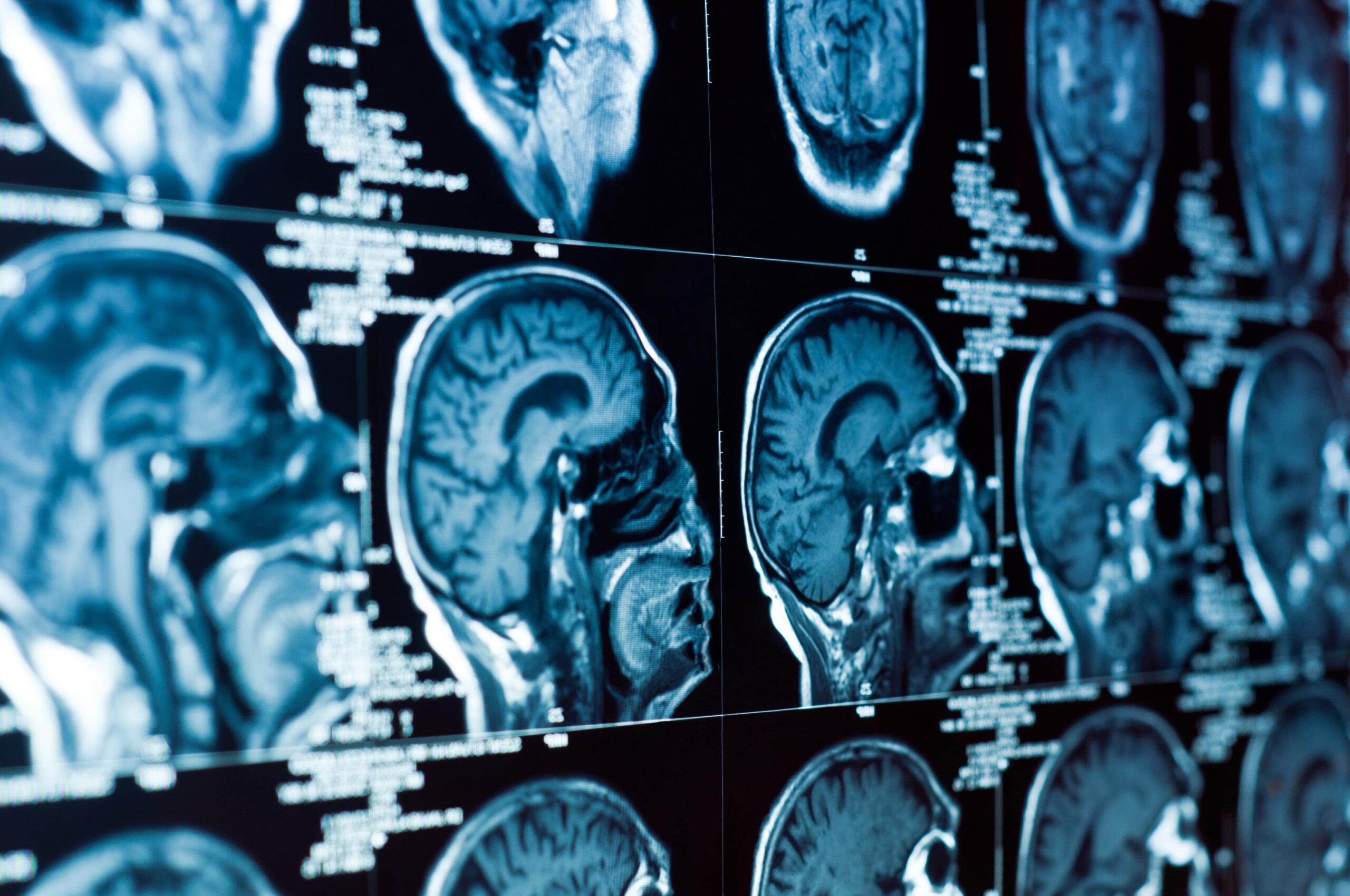As a brain injury lawyer can explain, personal injury cases traditionally focus on physical harm and tangible damages, but the intricate relationship between mental health and personal injury is an aspect that often remains overlooked. It is important to understand the crucial yet often underestimated connection between mental health and personal injury claims, which is why the information below works to shed light on the challenges and considerations that arise when navigating this complex intersection.
The Invisible Impact
While physical injuries are often visible and quantifiable, the impact of an accident on an individual’s mental health can be less apparent. Emotional distress, anxiety, depression, and post-traumatic stress disorder (PTSD) are among the array of mental health issues that can stem from a traumatic incident. Recognizing and addressing these invisible injuries is a crucial component of ensuring comprehensive and fair compensation in personal injury cases.
Establishing Causation
One of the primary challenges in incorporating mental health into personal injury claims lies in establishing a direct connection between the accident and the subsequent psychological effects as our Siegal & Richardson, LLP can attest. Unlike physical injuries with tangible evidence, mental health issues may not manifest immediately and can develop over time. Legal professionals face the task of demonstrating the causation between the incident and the mental health impact, often relying on expert testimony and medical documentation.
The Role Of Expert Witnesses
In cases involving mental health, expert witnesses, such as psychologists or psychiatrists, play a pivotal role in providing professional assessments. These experts can testify to the psychological impact of the incident, offering insights into the nature and extent of the mental health issues the injured party is experiencing. Their testimony serves to bridge the gap between the intangible nature of mental health and the legal requirements for establishing causation in a personal injury claim.
Legal Precedents And Recognition
The legal landscape is gradually evolving to acknowledge the importance of mental health in personal injury claims. Some jurisdictions have seen landmark cases that recognize the validity of mental health damages, setting legal precedents for future cases. However, a more widespread understanding and acceptance of mental health as a legitimate component of personal injury claims are still needed to ensure consistent and fair outcomes.
Quantifying Mental Health Damages
Assigning a monetary value to mental health damages poses a unique challenge. Unlike medical bills or property damage, the subjective nature of mental health makes quantification less straightforward. Legal professionals may employ various methodologies, including expert testimony, treatment costs, and the impact on the individual’s daily life, to arrive at a fair and just compensation figure.
Breaking The Stigma
Incorporating mental health into personal injury claims also requires addressing societal stigmas surrounding mental health issues. Individuals may hesitate to disclose their mental health struggles due to fears of judgment or skepticism. Creating an environment where mental health is openly acknowledged and considered in legal proceedings is essential to breaking down these barriers and ensuring that those suffering receive the support they need.
A Holistic Approach To Personal Injury Claims
Understanding the connection between mental health and personal injury is crucial for fostering a holistic approach to compensation and recovery. Legal professionals, medical experts, and society at large must work together to break down the barriers that have historically marginalized mental health in personal injury claims. By recognizing and addressing the invisible wounds that often accompany physical injuries, we can ensure that the legal system provides just and comprehensive outcomes for those navigating the complex intersection of mental health and personal injury. Reach out to a lawyer near you if you have been injured.

